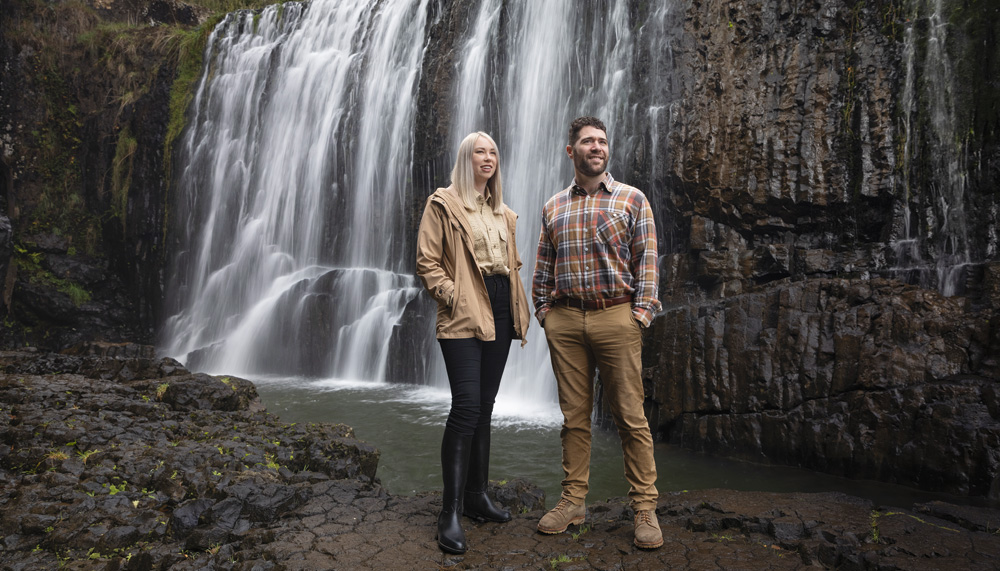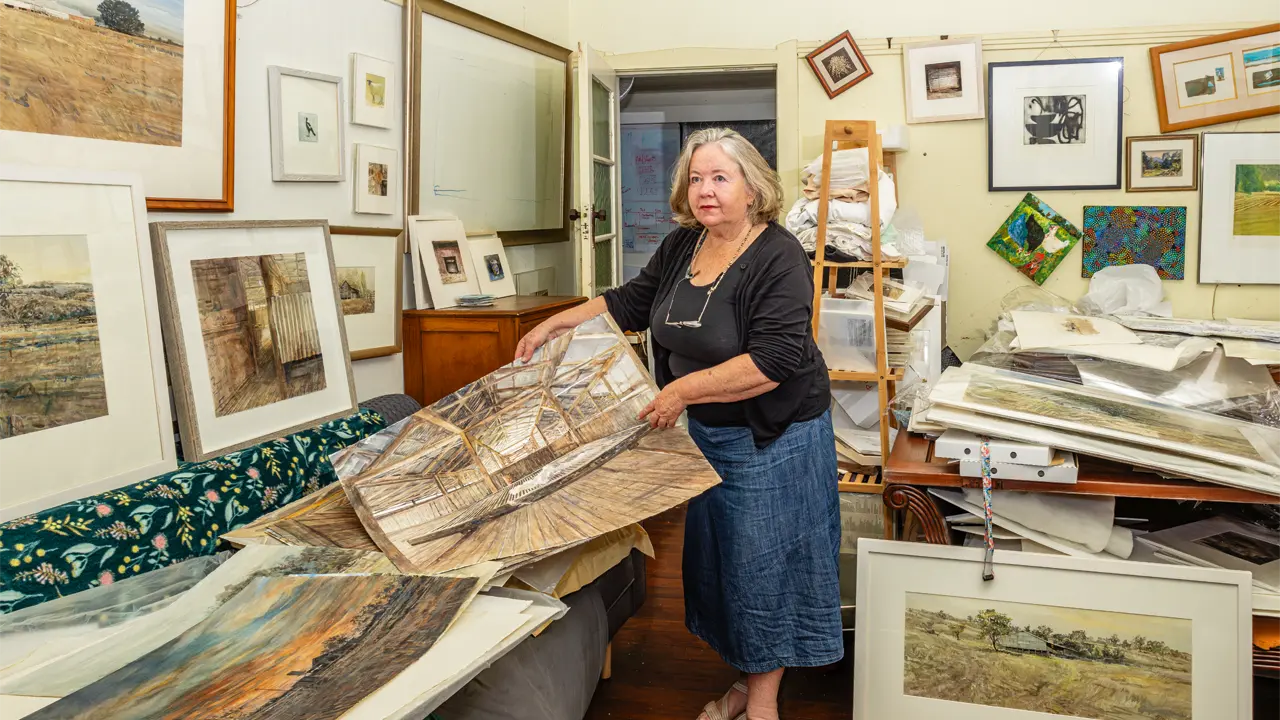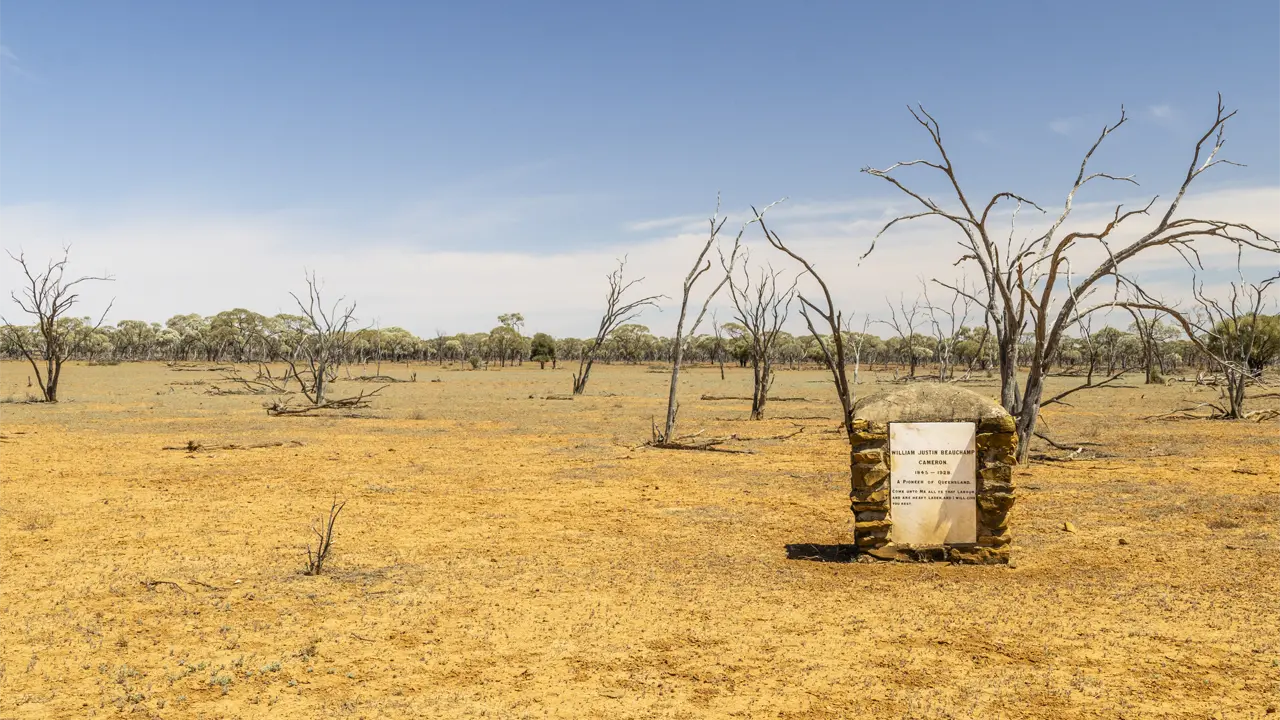More people in the bush are staying put, and COVID-weary urbanites are being drawn to evolving regional economies.
Story Genevieve Barlow Photo Grant Wells
More city dwellers certainly seem to be thinking more about the move to the bush. A Regional Australia Institute survey of 5000 city dwellers (Sydney, Melbourne, Brisbane and Perth) released in February showed about one in five are considering moving to the regions – more than half of them in the next 12 months. Respondents said it isn’t dissatisfaction with city life that motivated this but more the appeal of the regions – the sense of space, the opportunity to connect with nature and overall improved wellbeing, especially for those with young children. Avoiding traffic, lessening stress and anxiety, and reducing the cost of living also figured highly.
That’s certainly what drove Melbourne lawyers Alicia Chisholm, 32, and her American-born partner Paul Cenoz, 35, to move to Burnie, a town of 19,700 people in north-west Tasmania last year. They’d been working in the US, then Melbourne, and were considering heading to the UK when international flights stopped. Alicia’s 1.5-hour weekday commute by car had become a drain. Their rented, two-bedroom apartment with no views cost $500 a week.
“I was a bit over it really and craving a different lifestyle,” Alicia says. “The commute just left me exhausted and not wanting to do anything. I’m an outdoorsy person and I wanted to do more outdoor activities. In Melbourne my nightlife was going out to bars after work during the week and having brunch with friends on the weekend. To go on a camping trip was such a big exercise that, with the time and effort involved in getting out of the city, we just didn’t do it.”
Today, she and Paul rent a three-bedroom house in Burnie with an ocean view and a gym in the basement for $350 a week and they’re scanning the real estate pages for a house to buy.
Paul works internationally from their home and is setting up a co-working space in Burnie. Alicia’s office, “bigger than I’d get in any city law firm”, is a five-minute stroll from home.
“Literally, you can drive a minute out of town and be in the country,” she says. “It’s a much more active lifestyle. We have gone mountain biking, sea diving, rock climbing and white-water rafting. Tasmania is great for that.”
This story excerpt is from Issue #137
Outback Magazine: June/July 2021









